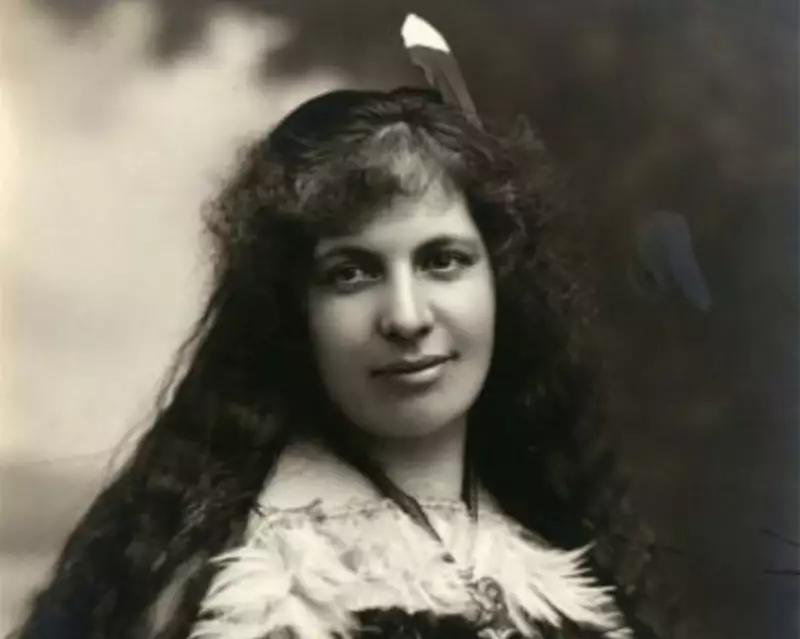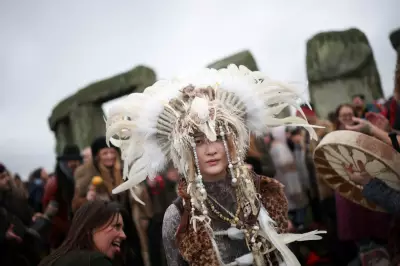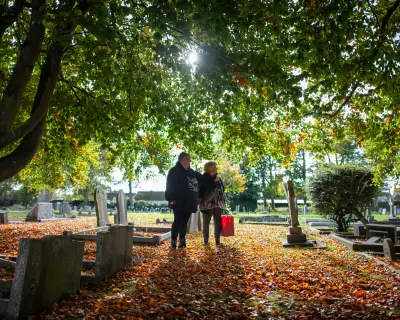
In a historic ceremony that rectifies a century of oversight, Oxford University has posthumously honoured Makereti Papakura, the first indigenous female scholar to study at the prestigious institution. The celebration marks 100 years since the remarkable Māori woman began her groundbreaking anthropological research at the university.
A Trailblazer's Journey
Makereti Papakura, originally known as Maggie Papakura, arrived at Oxford in 1925 as an already celebrated figure. Before her academic pursuits, she had gained fame as a tourist guide in New Zealand's thermal region and as a performer who brought Māori culture to international audiences.
Her transition from cultural ambassador to academic scholar was groundbreaking. At a time when few women, and even fewer indigenous people, accessed higher education at elite British institutions, Papakura embarked on anthropological studies that would preserve and share her cultural heritage.
Groundbreaking Research Cut Short
Tragically, Papakura's academic journey was interrupted by her untimely death in 1930, just before she was due to submit her thesis. Her work, The Social Structure of the Māori People of New Zealand with Special Reference to the Ngāti Tūwharetoa Tribe, represented years of meticulous research into her own culture.
Despite never formally graduating, her thesis was later published posthumously and remains a significant text in anthropological studies today, offering invaluable insights into Māori social structures from an indigenous perspective.
Century-Long Recognition Finally Achieved
The recent ceremony at Oxford's Pitt Rivers Museum, where Papakura conducted much of her research, brought together academics, family members, and Māori representatives to acknowledge her pioneering contributions. The event featured traditional Māori performances and addressed the historical significance of her work.
Current Oxford anthropology professors described Papakura as "ahead of her time" in her methodological approach, noting that she brought an insider's perspective to anthropological study at a time when the field was dominated by Western outsiders observing other cultures.
Legacy of a Cultural Pioneer
Beyond her academic work, Papakura's life story reflects extraordinary cultural bridge-building. She:
- Organised and led cultural performance groups that toured internationally
- Served as a guide to British royalty during their visits to New Zealand
- Maintained strong connections to her Ngāti Tūwharetoa heritage throughout her life
- Pioneered indigenous representation in academic spaces
The belated recognition from Oxford University not only honours Papakura's individual achievements but also acknowledges the broader contributions of indigenous scholars to academic knowledge. It represents an important step in addressing historical gaps in the recognition of diverse voices within higher education.
As Oxford continues to reckon with its colonial past, the celebration of Makereti Papakura's legacy serves as both reconciliation and inspiration for future generations of indigenous scholars.





